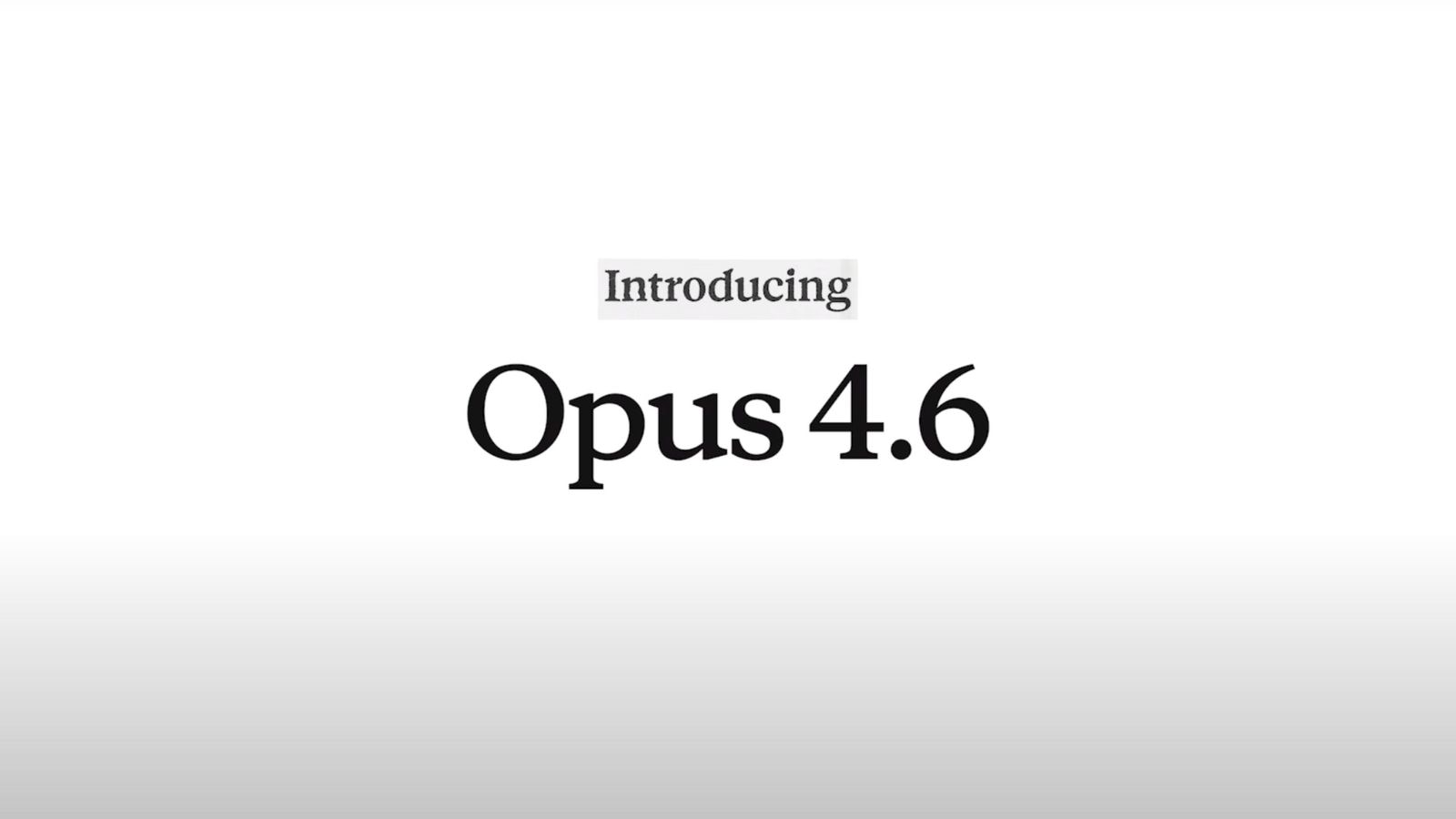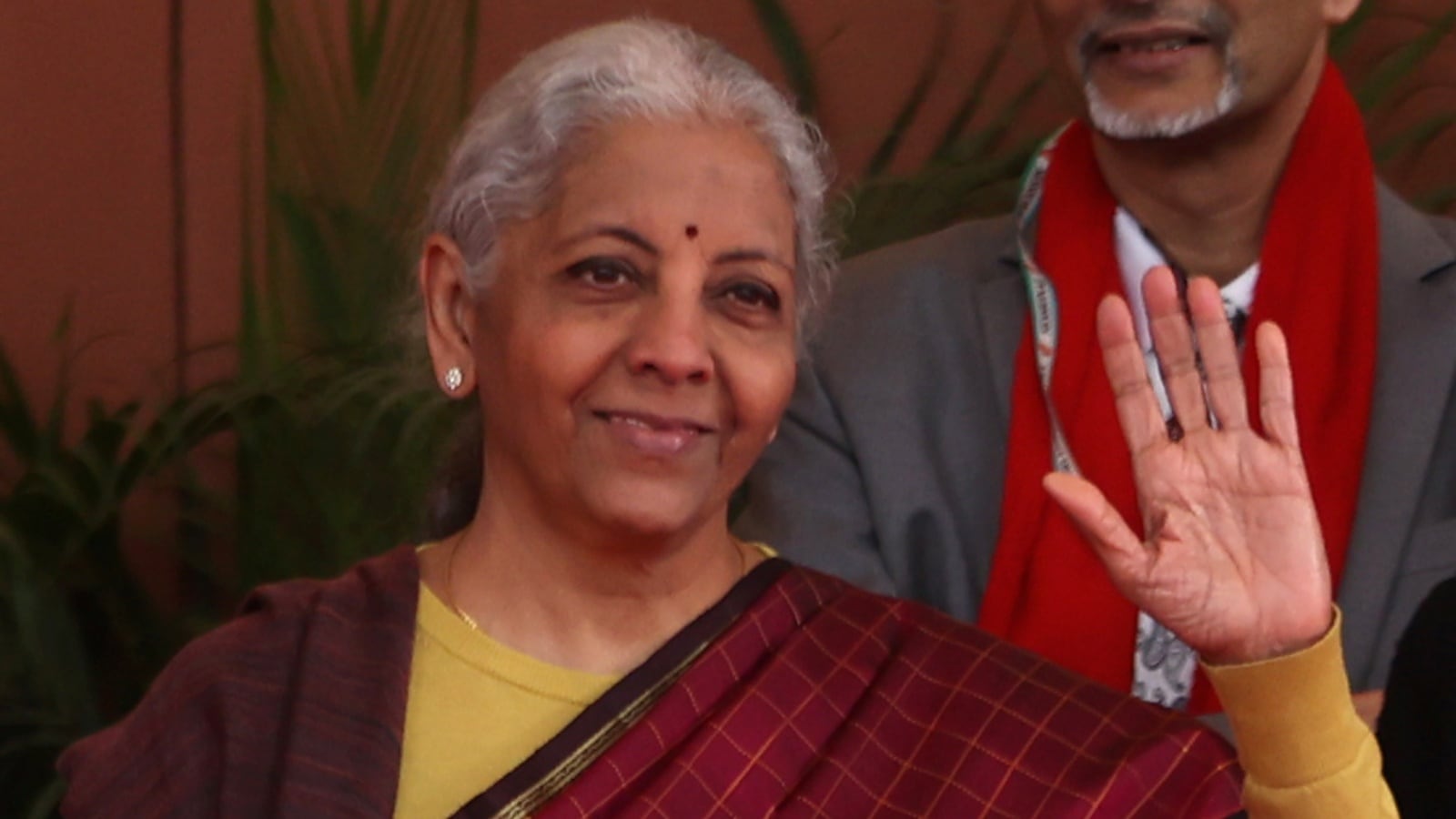
Whistleblower Sues Meta Over WhatsApp Security Issues
The allegations against Meta have taken a serious turn as Attaullah Baig, the former head of security for WhatsApp, filed a lawsuit claiming the company ignored critical security vulnerabilities. This revelation is alarming, especially in the Indian context, where WhatsApp is a primary communication tool for millions. Baig argues that sensitive user data, such as profile pictures and location information, was accessible to many employees, posing a significant risk to privacy.
Baig asserts that Meta's management dismissed his efforts to address these security flaws, including proposals to improve user safety. Instead of taking action, he faced retaliation and was eventually fired. This situation raises essential questions about corporate responsibility and how tech giants like Meta prioritize user safety. In India, where digital privacy is a growing concern, such allegations can erode trust in platforms that billions rely on daily.
The lawsuit also highlights a previous privacy settlement Meta reached with the Federal Trade Commission (FTC) in 2019, which mandated stronger privacy practices. Baig argues that Meta’s actions violated this agreement, indicating a pattern of negligence regarding user data security. For Indian users, who often believe in the app's encryption and privacy features, these claims could lead to a reevaluation of their reliance on WhatsApp.
Meta has denied Baig's allegations, suggesting that his claims are distorted due to his dismissal for poor performance. However, these defenses do little to allay public concerns, especially at a time when several whistleblowers are coming forward with similar claims against the company. This growing trend indicates a systemic issue within Meta that needs urgent attention.
India's regulatory environment regarding digital privacy is evolving, and such high-profile lawsuits could prompt stricter regulations. If the claims are validated, there may be significant implications for user data protection laws in the country. Ultimately, the case serves as a reminder of the importance of accountability in tech companies and the need for robust security measures to protect user privacy.













